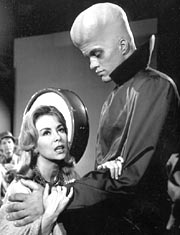All these years,
you've been telling me to choose.
And all this time,
I've been learning how to lose.
Friday, February 27, 2026
Song
Thursday, February 19, 2026
Thursday, February 05, 2026
Monday, January 26, 2026
Friday, January 16, 2026
Wednesday, December 31, 2025
Friday, December 26, 2025
Saturday, December 20, 2025
Friday, December 19, 2025
A Western
Let poetry teach you about women
at your peril.
Let a woman teach you about poetry
at your funeral.
Learn from paintings what a woman
looks like and
let the women teach you how to draw
first.
Monday, December 15, 2025
Wednesday, December 10, 2025
Sunday, December 07, 2025
Saturday, December 06, 2025
Subscribe to:
Comments (Atom)
